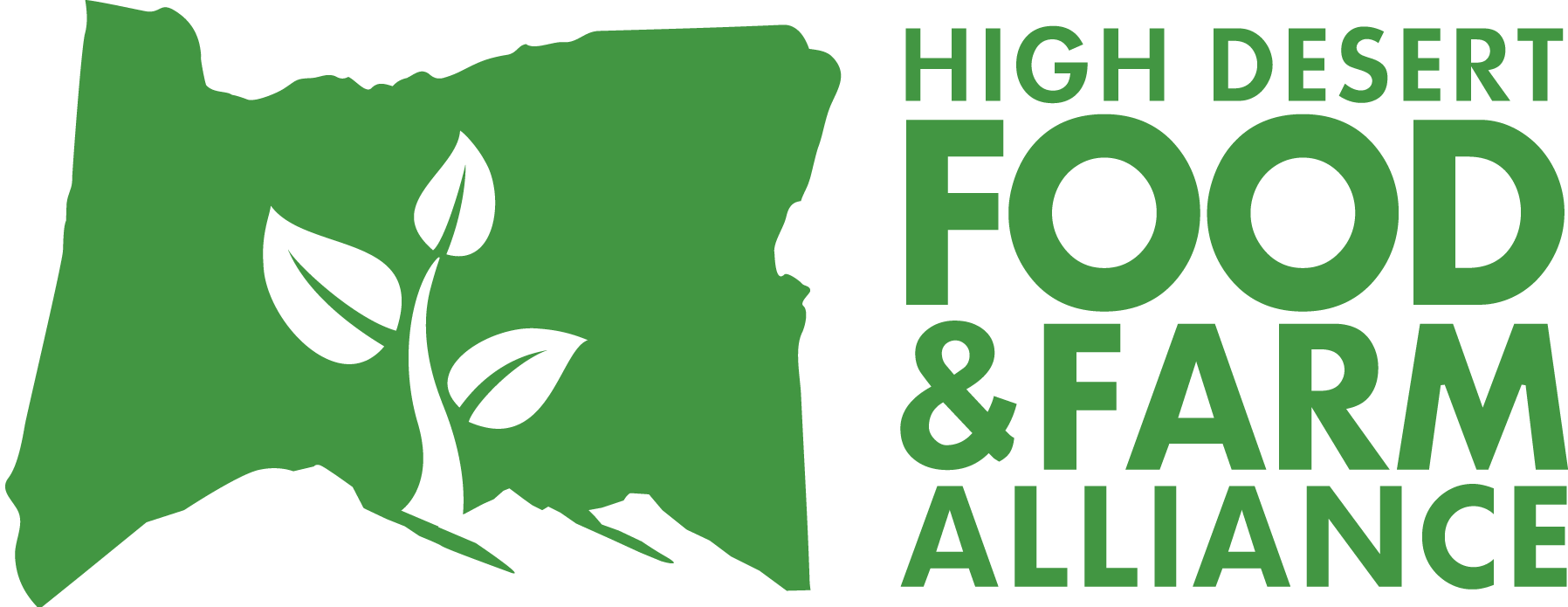
Food Policy Council Report 2018 Released
The number of food policy councils (FPCs) continues to grow in the United States and Canada, according to findings from an annual survey of FPCs by the Johns Hopkins Center for a Livable Future (CLF)’s Food Policy Networks project (FPN). At the end of 2017, the FPN project recorded 341 active FPCs in the United States and Canada, up from 329 in 2016. Almost every state (47 out of 50 states) in the United States has at least one food policy council. North Dakota and New Hampshire joined their peers with the formation of a new FPC in each state.
The annual survey of FPCs is a cornerstone of the FPN project. It serves to track the progress and inform the understanding of the similarities and differences among FPCs in the United States and Canada, and guide resource development and technical assistance provided by FPN for FPCs. FPN also makes the data available to other researchers to reduce duplicative information requests of FPCs. This report reflects responses from 278 FPCs, including 40 FPCs in Canada, 236 FPCs in the United States, and two Native American FPCs.
The report provides an overview of the state of FPCs in the United States and Canada, including their organizational structure, age, geographic focus, approximate annual budget, membership, policy and organizational priorities and relationship to government. In 2018, the FPN project added questions to the survey to explore the community engagement and advocacy activities of FPCs. These questions serve to identify at what levels of government and how FPCs are advocating for policy change, how they are engaging community members and what factors and relationships influence their policy priorities.
There is a misperception that FPCs only work on programs or projects. The 2018 FPC survey shows that most FPCs are active advocates for food systems policy change. Only 14% of FPCs reported not engaging in any advocacy activities. Central to the policy work of FPCs are relationships with organizations in the community, local elected officials and community members. Most FPCs – 83% in the US and 79% in Canada – reported having some type of relationship with government. Most FPCs (81%) also reported that relationships with community mem–bers and the general public were needed “to a great extent” and “a lot” for the FPC to accomplish its policy goals.
This report is part of FPN’s ongoing effort to build the capacity of FPCs of all types and geographies to advance equitable, healthy, and sustainable food systems change.





